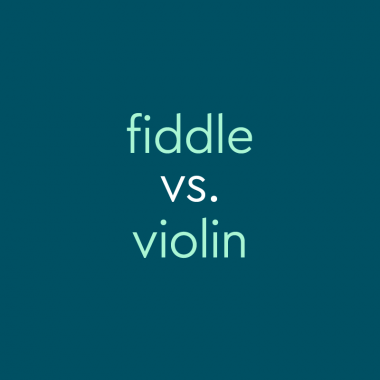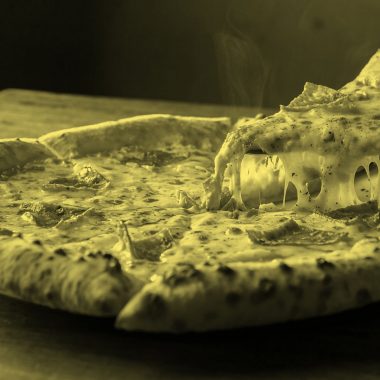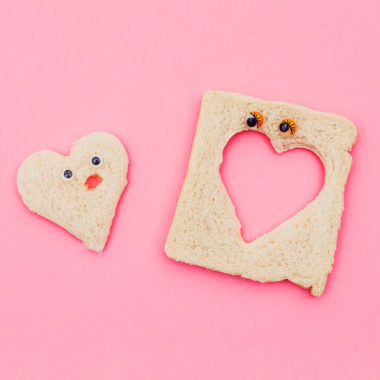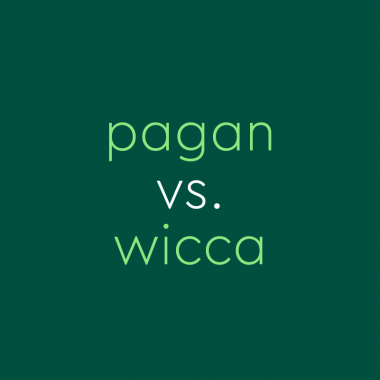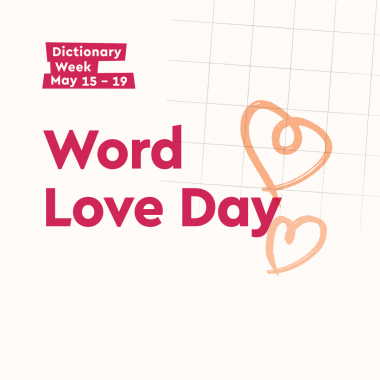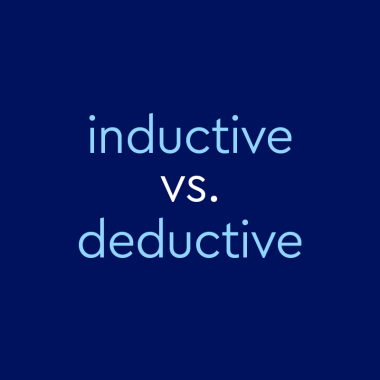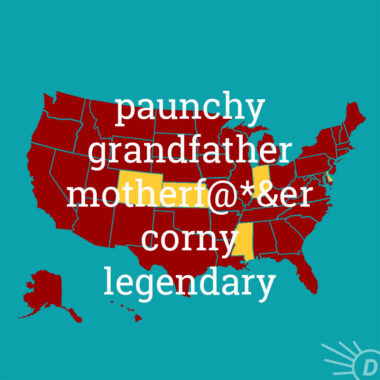“Fiddle” vs. “Violin”: Are They Different or in Harmony?
What’s the difference between a fiddle and a violin, anyway? They seem to look exactly the same, so why the different names? Was the fiddler on the roof secretly a violinist? And what exactly was Nero playing? No fiddlin’ around—just answers to your burning questions about the fiddle and the violin. The words fiddle and violin are two names for the same stringed instrument—fiddle is …
